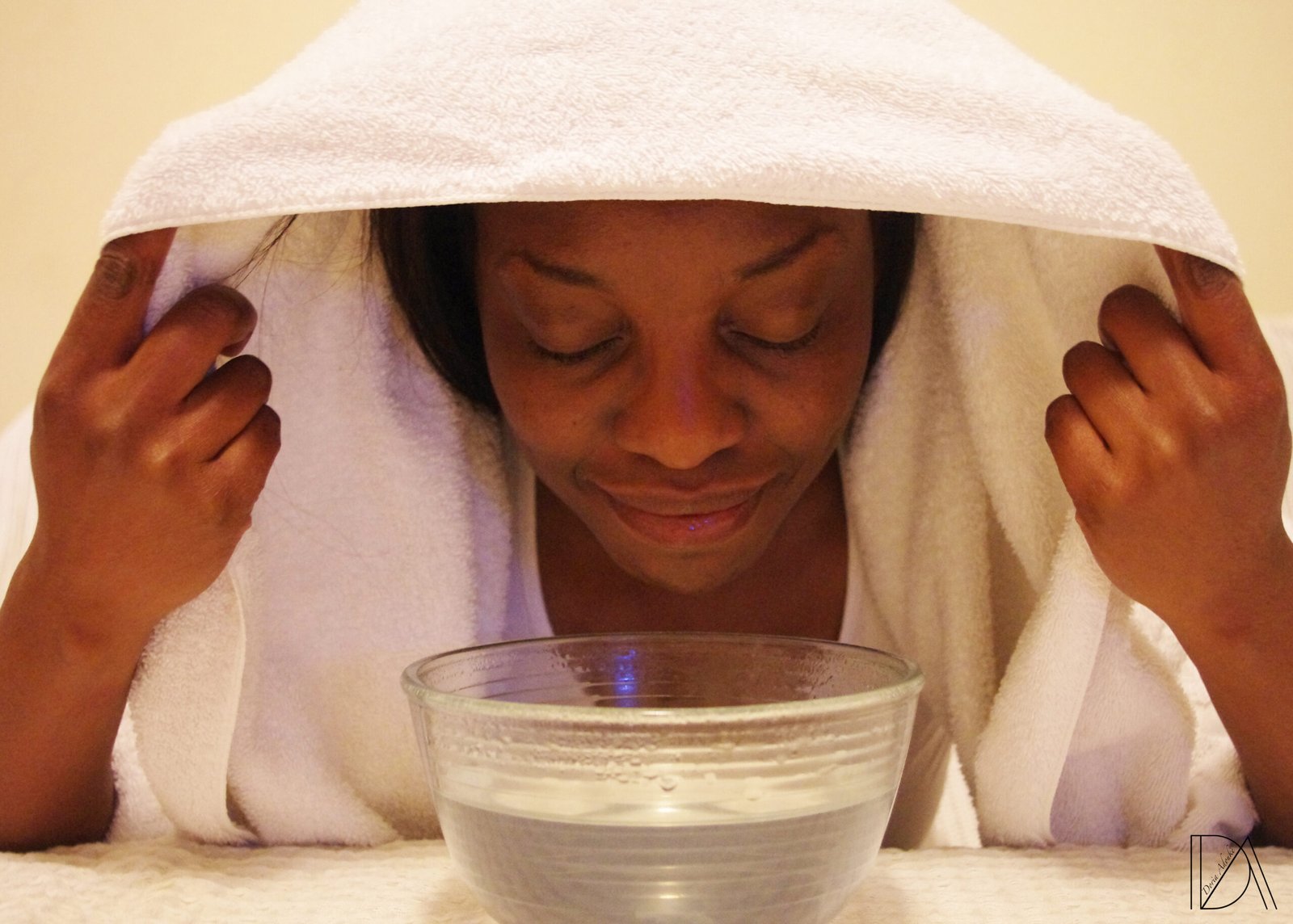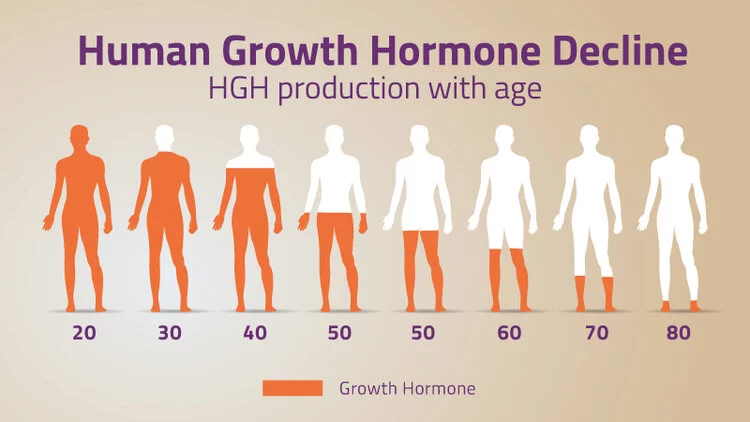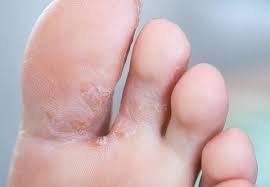As the Covid-19 pandemic continues to spread, more and more people are looking for information about the different types of tests available. There are two main types of Covid-19 tests: rapid and PCR. So, what’s the difference? And which one is right for you? This page will answer nine frequently asked questions about rapid and PCR tests in Indio CA. Stay safe and healthy!
1. What is a PCR test?
A PCR (polymerase chain reaction) test is used to detect the presence of genetic material from the SARS-CoV-2 virus, which causes COVID-19. It’s considered one of the most reliable and accurate tests available, as it can identify tiny amounts of viral particles from a sample taken from the nose or throat.
2. How Does a PCR Test Work?
The PCR test involves collecting a sample of mucus from the nose or throat with a swab, which is then placed in a vial containing a solution that preserves the sample for laboratory analysis. The viral RNA is then extracted from the sample, and multiple copies of fragments of this RNA are then amplified and analyzed to detect the presence of SARS-CoV-2 genetic material.
3. What Is a Rapid Covid-19 Test?
A rapid Covid-19 test uses antigen detection technology to identify proteins found on the surface of SARS-CoV-2 virus particles without needing to amplify their genetic material first. The sample used for this type of test may be either a nasal or throat swab, saliva, or blood sample, depending on which device was used to take it.
4. How Does Rapid Testing Compare To PCR Testing?
Rapid testing has several advantages over standard PCR tests: It can produce results within 15 minutes; there’s no need for laboratory analysis; testing supplies are much easier and cheaper to obtain; and most tests use only one swab for collection instead of two, as required by most PCR tests. On the other hand, because these tests don’t detect viral genetic material, they are less sensitive than standard PCR tests, meaning they may produce false negatives more often. Therefore any positive results must be confirmed with standard PCR testing before any further action is taken based on those results.
5. Is There an Age Limit for Getting Tested for Covid-19?
No – both rapid and standard PCRs can be administered to people regardless of age – however, some home collection kits are unsuitable for young children for safety reasons. Hence, please check carefully before using one on someone younger than 18.
6. How Accurate Is Covid-19 Testing?
PCR tests have been shown to have high levels of accuracy when performed correctly – approximately 95% sensitivity and 99% specificity – making them highly reliable tools in determining whether someone currently has or previously had an infection with SARS CoV2 virus causing COVID-19 illness.
7. What Happens After I Get My Covid Test Result?
Your healthcare provider should explain what actions you need to take depending on your result. Usually, those who receive positive results need to follow additional self-isolation protocols (for themselves and their families) until further guidance can be provided by their local public health department/authority/agency, etc. Negative results will typically mean you do not require additional precautions beyond those already advised by your government/healthcare provider regarding limiting contact with others etc.
8. What Safety Measures Should I Take While Waiting for My Covid Test Results?
Regardless of the type/format covid-19 test you’ve chosen, it’s always important to remain vigilant regarding social distancing protocols such as wearing face masks when out in public places, frequent hand washing, etc.
It’s also advisable that those awaiting results avoid large crowds/gatherings etc. until their results have been confirmed due to the increased risk posed by close & prolonged contact settings, even when following all other recommended guidelines!
9. What Symptoms Should Prompt Me To Get Tested for Covid-19?
If you are experiencing any symptoms such as fever, shortness of breath, fatigue, coughing, or loss of smell or taste, then it is recommended that you get tested for Covid-19. It’s best to contact your local healthcare provider or testing center to determine the best course of action regarding testing and follow-up care.
Final Words
It is essential to choose the best covid testing in Indio depending on a person’s individual needs. PCR tests are more accurate and reliable than rapid tests, but they take longer to get results, so it is essential to consider the time frame when deciding which test to use.




